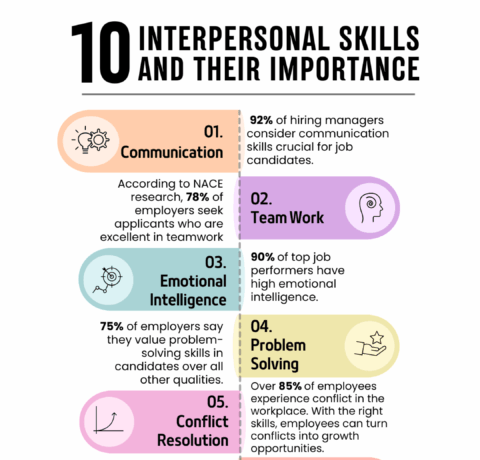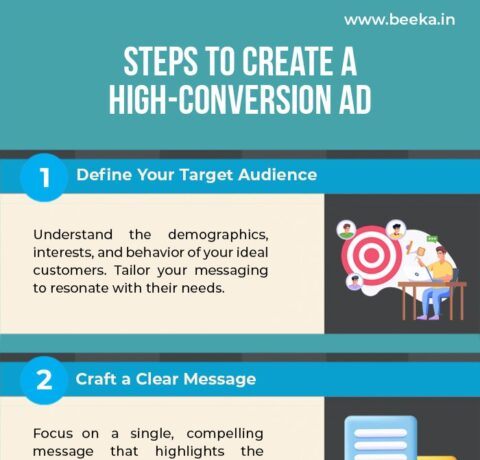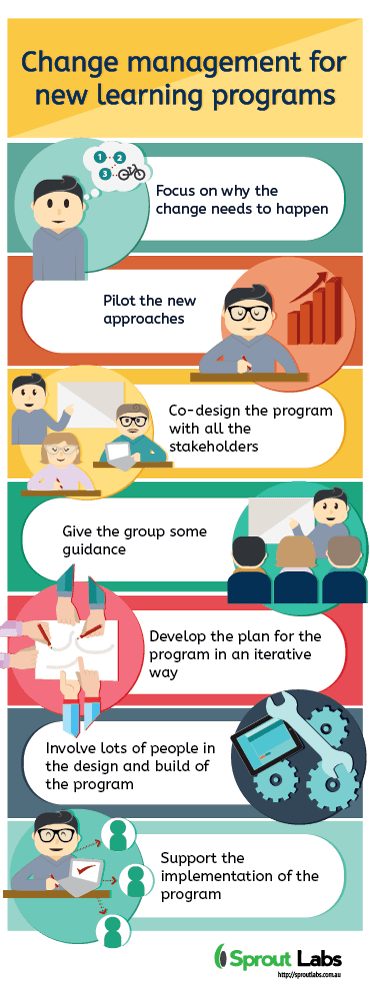Change Management for New Learning Programs Infographic
Currently learning and development is being disrupted and driven by changes in technology. Change management is a core component of learning and development. The Change Management for New Learning Programs Infographic presents how the learning and development programs could drive change and performance improvement at an organisational level and at an individual level for employees.
1. Focus on why the change needs to happen
The single most important factor to drive change is everyone needs to understand why and believe that the change needs to happen. If someone sees that the status quo is not working they will see the need for change.
2. Piloting new ways of approaches
Pilots of new programs and new approaches are a great opportunity to explore and trial new ways of working. Pilot projects means organisations can learn fast and gives providers the opportunity to sell the new approach to the rest of the organisation.
3. Co-design the program with all the stakeholders
Co-design is a product, service, or organization development process where design professionals empower, encourage, and guide users to develop solutions for themselves. Co-designing new approaches to programs lays the foundation for shifting the way organisations learn. It's a collaborative approach that allows organisations to make profound shifts. Co-design does require the learning and development people to have strong leadership and facilitation skills.
4. Give the group some guidance
Normally most of the people in these groups are not learning and development experts. Giving them guidance is important. Normally towards the start of a co-design workshop we start off with a short presentation;
5. Develop the plan for the program in an iterative way
Often the outcome from the 1st stage of co-design process is a diagram or visual representation of how the program is going to work. Then we work on the details of the model. At this stage it’s also useful to start to thinking about how the program will impact on other areas of the organisation. For example when redesigning an onboarding and induction program, how will this affect the recruitment process?
6. Involve more people in the design and build of the program
During the design and build process one of the ways to involve more people in programs is having stakeholders involved in the review process. This is not always an easy process but gives people a sense of involvement and ownership.
7. Support the implementation of the program
The implementation stage of a project is where the real changes happen. The implementation stage of the program includes a Community of Practice for the managers and coaches that are involved in the new delivery model. Another common approach is the use of champions that help support others during the implementation stage.







You can adjust your cookie preferences here.